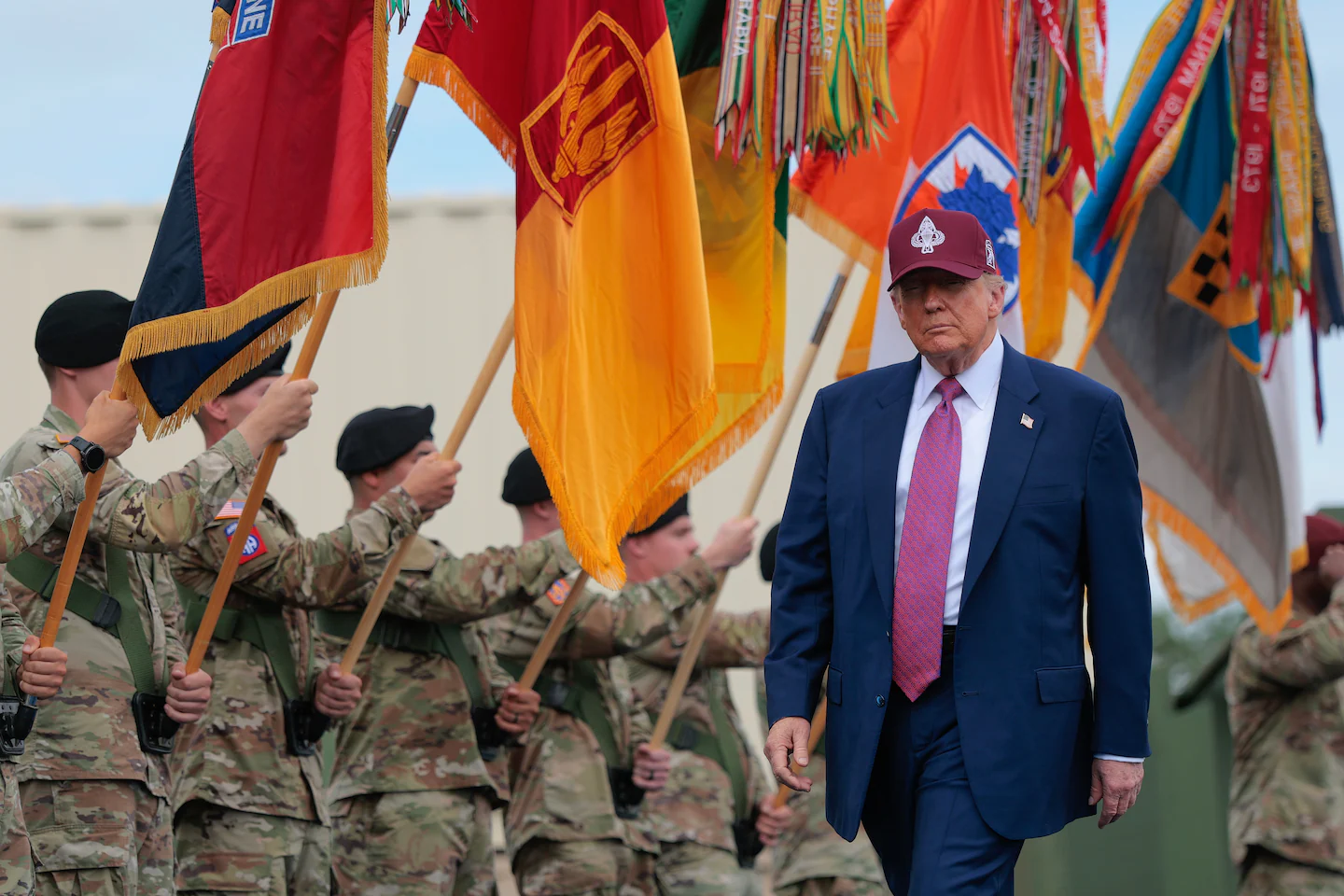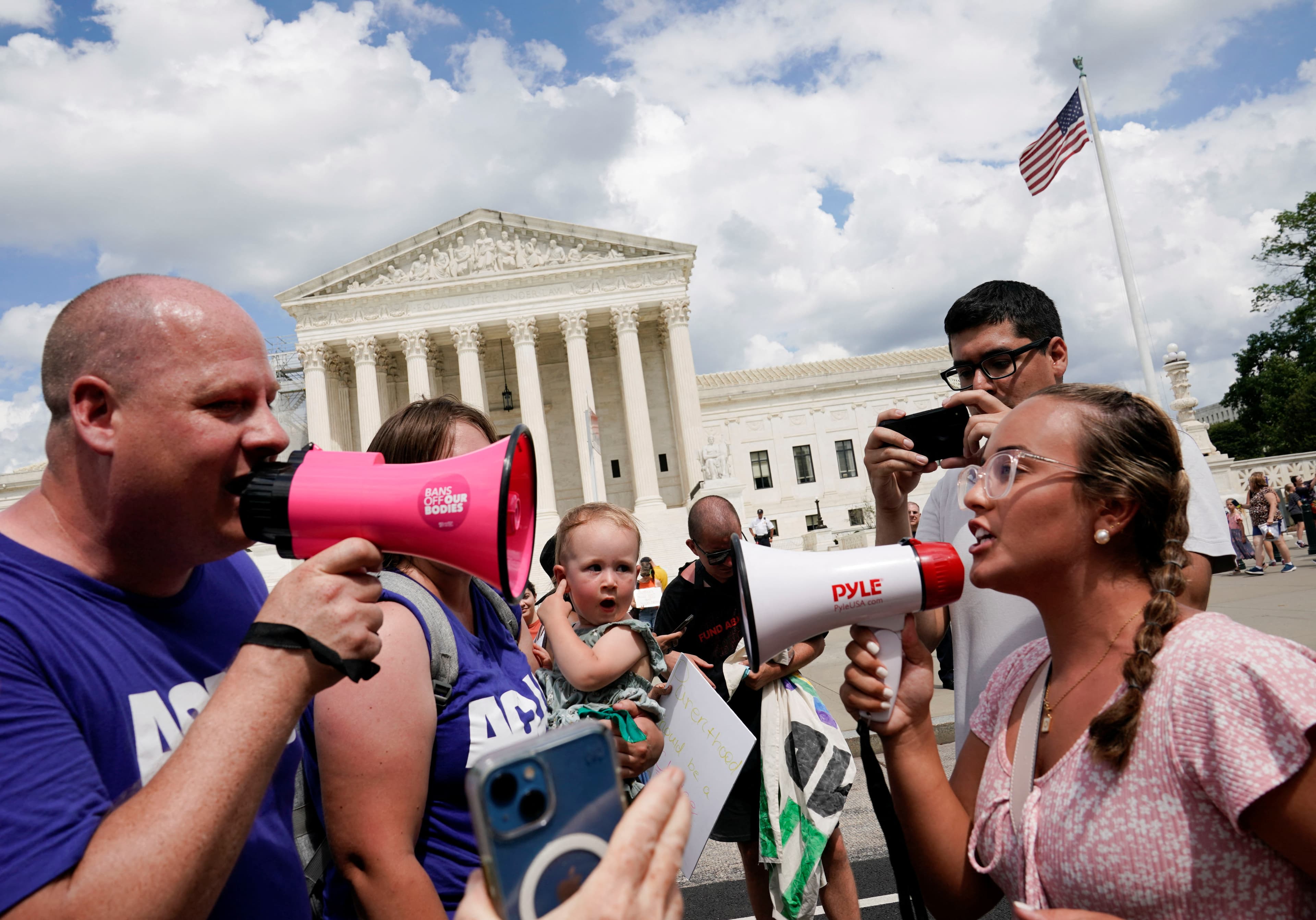As Independence Day approaches, a powerful movement is igniting across the United States. The Women’s March is spearheading over 170 protests under the banner of "Free America Weekend", a clarion call for those disenchanted with President Trump’s administration. These actions, set against the backdrop of a nation grappling with civil rights erosion, aim to reclaim the meaning of freedom and democracy.
Protests Signal Growing Dissatisfaction
The escalating protests come after a series of nationwide demonstrations, including the No Kings protests in June, which saw thousands take to the streets in opposition to Trump’s military parade celebrating his 79th birthday. As reported by Newsweek, the urgency for these protests has reached a fever pitch as the public responds to actions perceived as authoritarian.
Grassroots Organizing Drives Momentum
The Women’s March, which emerged as a grassroots response to Trump’s election in 2016, is now mobilizing community members to host events ranging from rallies to block parties. Their message is clear: "This July 4th, we gather across the country to stand for real freedom and build a vision of a Free America brick by brick." This grassroots organizing underscores the power of community engagement in the fight against oppressive governance.
Community Gatherings as Acts of Resistance
These community gatherings are more than mere protests; they are acts of resistance that aim to engage citizens in reclaiming the narrative of freedom. The Women’s March emphasizes that "Free America is wherever we are. Free America is whatever we make it." This reframing of patriotism from passive celebration to active resistance is a critical shift in the discourse around American independence.

Trump at Ft. Bragg vows to use force against "anarchy" - The ...
Impact of Upcoming Nationwide Actions
Following the Free America events, another national day of action is slated for July 17, dubbed "Good Trouble Lives On," a homage to the late civil rights icon John Lewis. Organizers are framing this day as a response to the numerous attacks on civil and human rights under Trump’s presidency. As noted by USA Today, the continuity of these protests highlights the sustained pressure from grassroots movements to hold the administration accountable.
Broader Implications for Civil Rights
The implications of these protests extend beyond mere dissatisfaction. They represent a pivotal moment in the ongoing struggle for civil rights and democratic governance in the U.S. The mobilization against Trump’s administration reflects a broader societal desire for accountability and a return to constitutional principles. The resurgence of protest culture, particularly among younger demographics, signals a potential shift in political engagement and activism.
Reclaiming the Narrative of Freedom
As the nation prepares for July 4th, it is crucial to consider what freedom truly means in today’s political climate. The juxtaposition of celebration and protest on Independence Day is not merely symbolic; it is a powerful reminder that the fight for justice and equality is ongoing. The Women’s March’s call to action is resonating with millions who believe that true freedom cannot be achieved without justice for all.

Israel begins Independence Day celebrations marred by ...




![[Video] U.S. Education Secretary Linda McMahon addresses antisemitism and DEI in universities](/_next/image?url=%2Fapi%2Fimage%2Fthumbnails%2Fthumbnail-1764701456714-dldg8o-thumbnail.jpg&w=3840&q=75)


![[Video] Gunfire between Iraqi security forces and Sadr militias in Baghdad](/_next/image?url=%2Fapi%2Fimage%2Fthumbnails%2Fthumbnail-1768343508874-4redb-thumbnail.jpg&w=3840&q=75)
